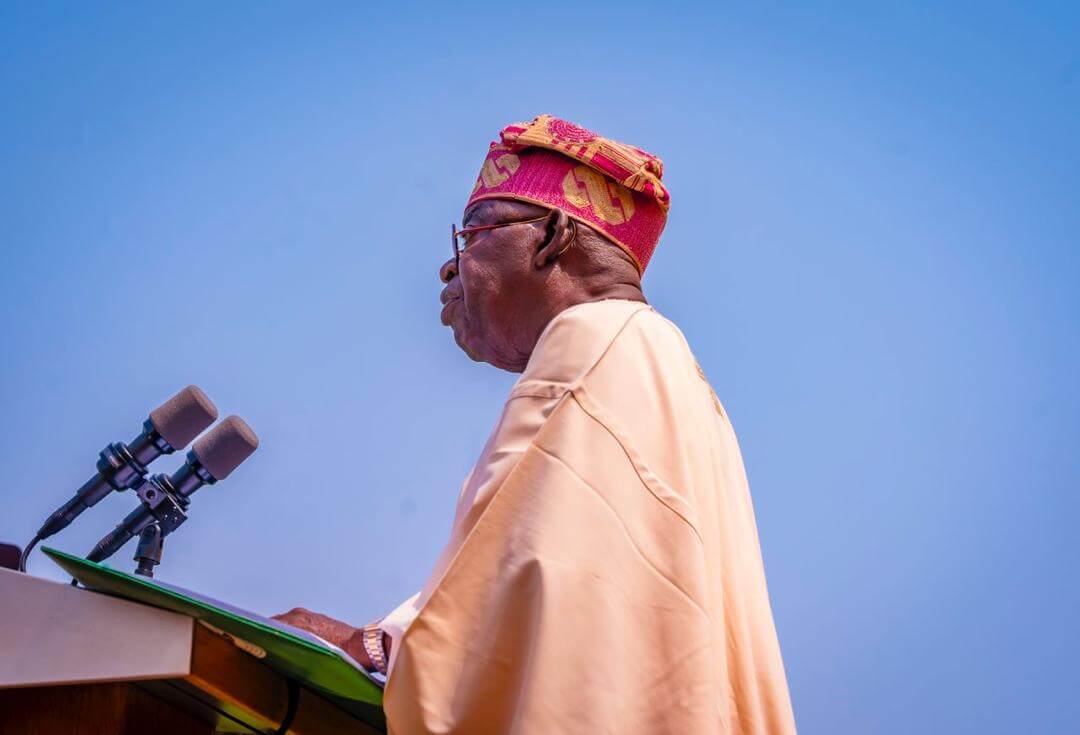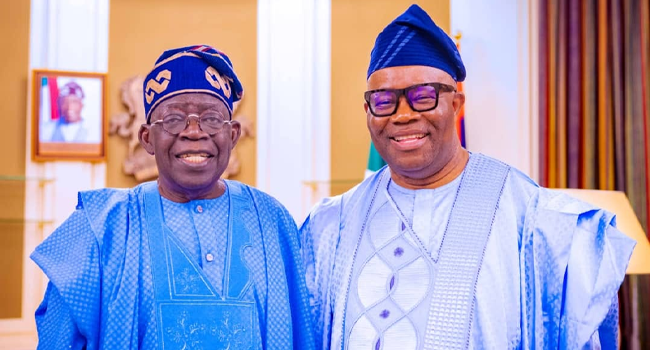$1tr economy, digital economy, other reforms give three ministers kick
Three federal ministers have got the kick from some of President Bola Tinubu’s economic policies, including the $1 trillion economy, digital economy and other economic reforms.
While the Minister of Finance and Coordinating Minister of the Economy Wale Edun, believes that the capital market is pivotal in achieving the projected $1 trillion economy, his Communications, Innovation, and Digital Economy counterpart, Dr Bosun Tijani, said digital economy sector witnessed massive growth under Tinubu, attracting $191 million in foreign direct investment (FDI) in Q1 2024, a nonuple from $22 million in Q1 2023.
On his part, Minister of Budget and Economic Planning, Sen Abubakar Bagudu, stated that Tinubu’s economic reforms were on track and making significant progress.
Speaking at the Capital Market Committee (CMC) meeting, yesterday, Edun, who was represented by the Minister of State for Finance, Dr Doris Uzoka-Anite, highlighted the market’s transformation since 2015, with improvements in governance structures, new products and platforms, a stronger regulatory environment, and growing investor participation.
Also, the meeting witnessed the unveiling of the ISA Act 2025 by the minister.
According to Edun, implementation of the Capital Market Master Plan (2015-2025) has been instrumental in increasing the market’s contribution to the national economy, developing a sophisticated market structure, and improving competitiveness.
He said the revised plan prioritised digitalisation, innovation, sustainability, inclusion and capital formation, aligning with the broader economic reform agenda.
The minister assured that with the commission undertaking regulatory reforms, including joining the GBMC Network of IOSCO in promoting and implementing ISSB Standards, among others, the domestic economy recorded the fastest Gross domestic Product (GDP) growth in about a decade in 2024, driven by a strong fourth quarter and improved fiscal position.
Earlier, the Director-General of the Security and Exchange Commission (SEC), Dr Emomotimi Agama, restated the commission’s commitment to regulatory reforms and capital market growth.
DURING an interview, yesterday, for a coming State House documentary marking President Tinubu’s second anniversary, Tijani highlighted the sector’s robust workforce development, driven by the Three Million Technical Talent (3MTT) programme, and revealed plans for a $2 billion initiative to deploy 90,000 kilometres of fibre optic infrastructure nationwide, starting in Q4 2025.
He said: “These foundational reforms, coupled with advancements in Artificial Intelligence (AI) and the startup ecosystem, have positioned Nigeria as a global leader in the digital economy.”
Comparing FDI inflows, he said: “In Q1 2023, the sector had about $22 million; by Q1 2024, with this administration well underway, we reached $191 million. The trend continued in Q2, increasing from $25 million in 2023 to $114 million in 2024.”
The minister stressed that the 3MTT programme, launched in October 2023 to create a tech-savvy workforce, has already trained over 117,000 Nigerians in digital skills, surpassing its initial target of 30,000.
He also highlighted the launch of the AI Collective platform, supported by leading partners including Pierre Omidyar, Google and Microsoft, to foster collaboration and innovation in artificial intelligence.
For the first time in the country, the ministry has funded 55 academic researchers to explore technology applications in agriculture, healthcare and education.
BAGUDU spoke during a courtesy visit from the World Bank’s new Country Director for Nigeria, Matthew Verghis, and stated that the reforms were yielding positive results.
He pointed out that some of the reforms’ encouraging outcomes were the significant rise in revenues accruing to states and local councils, and the substantial debt reduction.
Thanking the World Bank team for supporting the reforms, he welcomed the Nigeria Development Update, unveiled last week, as documentary evidence of the country’s positive economic progress.
“Our ambition is to grow the Nigerian economy to $1 trillion. To achieve that, we need to develop a strategy for attaining double-digit growth,” he stated.
Bagudu noted that growth was possible through mobilising public support from the political class, labour unions and the private sector, who indicated broad acceptance of the reforms.
“We are confident that we will stay on course,” he said.
Earlier, Verghis noted that India followed a similar path in the early 1990s, explaining that tough economic decisions resulted in three decades of growth in India, significantly reducing poverty and leading to a general turnaround.










